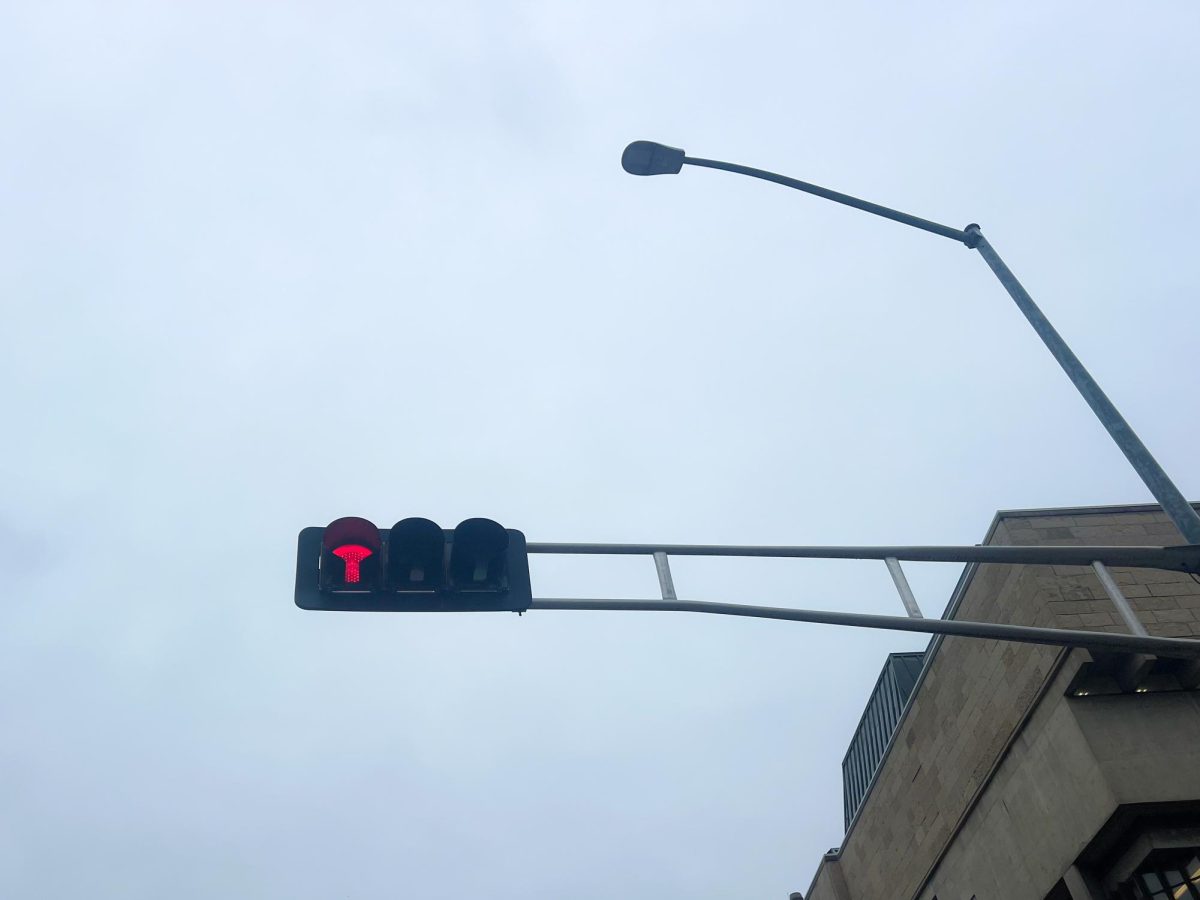
An ordinance that would give the city more ways to crack down on nuisance house parties continues to be tied up in committee as students and the Madison Police Department take concern with its language.
According to Alcohol Policy Coordinator Mark Woulf, the Alcohol License Review Committee tentatively defined a nuisance party to be in violation of four out of nine violations concerning alcohol and noise levels. In an official report, MPD opposed such a specific criteria-based definition, arguing police need the flexibility to address different situations that can occur in the context of a party.
“The police department wanted to loosen the definition and said determination of a nuisance house party should be made based off the circumstances in general,” Woulf said. “They basically feel they need larger discretion instead of being hemmed in by a tight, specific definition.”
Woulf said the ALRC did not discuss MPD’s suggestion immediately, but the committee will likely address it at the next meeting.
Ald. Mike Verveer, District 4, agreed the main controversy of the ordinance is its language.
“I think we need to have criteria that don’t go too far but also don’t do so little that it isn’t worth the effort,” Verveer said. “It seems to me that there needs to be some norms or standards.”
Verveer suggested the context of the party should be taken into consideration, citing the time of the week and location of the party to be important factors in determining whether a party should be considered a nuisance.
Currently, no language in the ordinance is finalized, according to Woulf. If ALRC decides on a definition for a nuisance party at its next meeting, the ordinance would be sent to the Public Safety Review Committee and would not reach the City Council for a final vote until late February at the earliest.
At its November meeting, members of ALRC argued to stall a decision until after students are back on campus after winter break so that key stakeholders can voice their concerns.
“Certainly students will have an opportunity to provide input as [the ordinance] goes through the process,” Woulf said. “It’s important to know it’s not set in stone by any means. We’re a long ways away from finalizing the definition and ultimately the final vote.”
Woulf said longer term goals of encouraging alternative entertainment options for underage students will be addressed in the future as well.
According to Verveer, another aim of the ordinance is to hold landlords more accountable for violations taking place at their properties.
“We already have on the books plenty of laws to deal with house parties,” Verveer said. “We really should be concentrating on the landlords but getting them involved only in the most aggravated, acute cases.”
Verveer said the ordinance would force landlords to legally take responsibility in part for nuisance house parties by requiring them to take action against tenants in violation of the ordinance terms.
The Associated Students of Madison Legislative Affairs Committee formally submitted a letter of opposition to the ordinance. According to Chair Hannah Somers, the ordinance would not necessarily hold landlords accountable as some supporters say it will.
“We’ve had conversations with landlords, and in short, we just don’t think the ordinance is really going to accomplish what it set forth to accomplish,” Somers said.
ALRC will take up the ordinance for further discussion at its next meeting Jan. 25.












